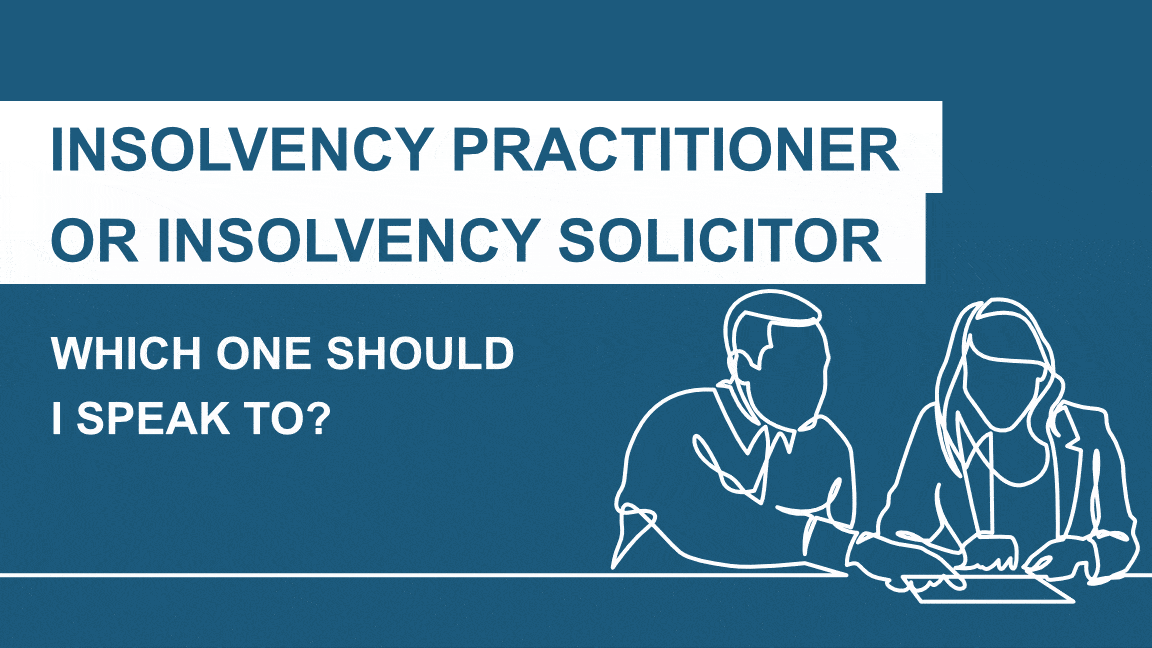The Only Guide for Insolvency Practitioner
The Only Guide for Insolvency Practitioner
Blog Article
Everything about Insolvency Practitioner
Table of ContentsInsolvency Practitioner Can Be Fun For AnyoneThe 5-Minute Rule for Insolvency Practitioner5 Easy Facts About Insolvency Practitioner DescribedThe Ultimate Guide To Insolvency PractitionerAll about Insolvency Practitioner
Whether or not you need to make use of a bankruptcy practitioner (IP) to liquidate your firm relies on different factors. While engaging a bankruptcy practitioner for all forms of liquidation is not a lawful demand, doing so can frequently enhance the procedure and make sure compliance with legal requirements. Liquidating a firm is an essential decision that features considerable consequences.
It is a procedure made use of when a business does not have any kind of lenders, or all of their financial institutions can be paid off in complete with statutory interest. Comprehending the different kinds of insolvency procedures can aid you establish the very best strategy for your business's liquidation or other official bankruptcy treatments itself.
This is compulsory in order to comply with legal requirements - Insolvency Practitioner. This is since IPs have the required credentials and experience to make sure that the liquidation process is performed in accordance with all relevant legislations and laws. By involving a certified bankruptcy practitioner, you can have assurance knowing that your firm's liquidation process will certainly be handled skillfully and in conformity with the relevant legal demands
The Best Guide To Insolvency Practitioner
The insolvency practitioner is designated as a liquidator and is accountable for taking care of the company and liquidator's debts outstanding liabilities and assets. This process involves offering off the business's properties and distributing the earnings to financial institutions. Upon completion of the procedure, the business is eliminated from the register at Companies Home.
Failing to do so can lead to individual liability for the business or supervisor for the financial institution's financial obligations. Volunteer liquidation, that includes Financial institutions' Voluntary Liquidation (CVL) and Participants' Voluntary Liquidation (MVL), is launched by the company's directors and shareholders when they can no more pay their financial debts. In a CVL, the insolvency practitioner is marked as the liquidator, accountable for managing firm financial obligations and all firm possessions.

Insolvency Practitioner - Truths
By analyzing the experience and experience of prospective bankruptcy professionals, you can guarantee that you pick an expert that has the necessary credentials to handle your firm's liquidation procedure efficiently. While insolvency practitioner-led liquidation is frequently the most suitable strategy for firms encountering bankruptcy, there are alternative techniques to consider, such as striking off and partial liquidation.
It's essential to assess all available choices before deciding on the following ideal solution or program of action for your company. Striking off business' signs up is a much more simple and economical way to close dormant or small firms without financial obligations or properties. To strike off a company, its click here to find out more name is eliminated from the Business Residence register by submitting form DS01.
Prior to choosing striking off, it's vital to weigh the advantages and disadvantages of this technique and take into consideration whether it's the ideal selection for your company. Partial liquidation is an additional alternative to insolvency practitioner-led liquidation, wherein a business sells off specific properties and liabilities while proceeding to run with the continuing to be properties and responsibilities.
A Bankruptcy Professional will certainly have the ability to advise you of the very best course of action to take and guarantee that everything runs efficiently. Sadly, it is not possible to sell off a company without a liquidator. Designating an authorised insolvency specialist is needed for the procedure of voluntary liquidation to start.
Insolvency Practitioner for Beginners
It is possible to shut and liquidate your firm without making use of a liquidator, given your business is solvent and you satisfy the qualification demands to dissolve or liquidate it. If your company is bankrupt, you might be required to make use of a liquidator and begin formal bankruptcy procedures. Right here are some various other helpful posts concerning firm liquidation in the UK:.
Remaining in a setting where you're not able to pay your firm's financial institutions is extremely demanding. In an effort to stay clear of raising the degree of debt, several companies try to bargain straight with their lenders and accept an informal setup. If the debt is fairly tiny and owed to one creditor, and the creditor is being cooperative, participating in an casual financial obligation plan is most likely the ideal solution, instead of searching the web for 'a bankruptcy expert near go to the website me'.
On the various other hand, if there are multiple financial institutions and the level of financial obligation is big, financial institutions may not be so willing or cooperative. To avoid liquidation or bankruptcy, it is far better to hire an insolvency practitioner to prepare formal proposals and negotiate with lenders in your place.
Insolvency Practitioner for Dummies
Whilst it is a method to take care of debt, there are substantial threats entailed with this type of financial obligation arrangement - Insolvency Practitioner. If a financial institution agrees to become part of a casual arrangement (IA) wherein the debtor has accepted make routine, if reduced, payments to pay off the financial obligation, it's important to stick to the contract

Therefore, the creditor is within their rights to revoke the arrangement and application the courts for your company to be sold off any time. An official plan that has actually been proposed by an insolvency practitioner in your place, and concurred by a lender, gives a much safer alternative.
Report this page